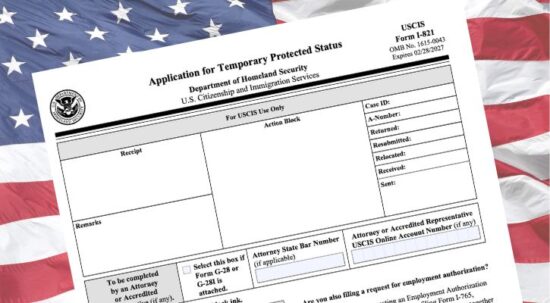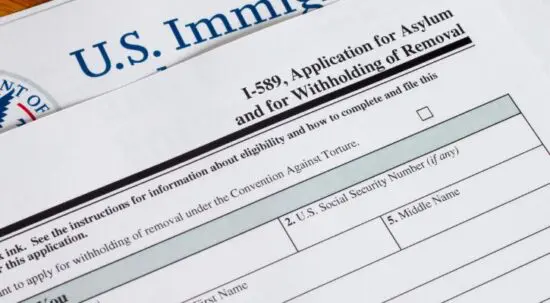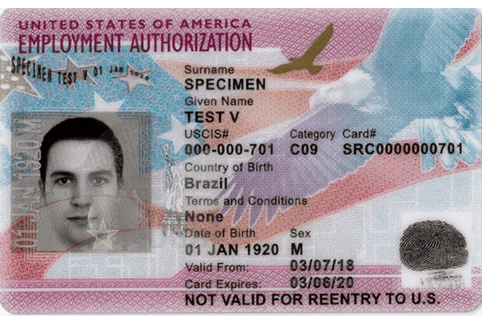TPS for Nepal is ending
Nepal’s TPS designation is ending. The last day of TPS is August 5, 2025. After that date:
- People from Nepal with TPS will no longer have this protection.
- Work permits through TPS will no longer be valid.
Work permit
If your TPS work permit (EAD) was set to expire on June 24, 2025, it is now automatically extended through August 5, 2025. You can keep using it as proof that you are allowed to work until that date.
What happens when TPS expires?
If you do not have another legal immigration status besides TPS, you will become undocumented and lose your work authorization. If you stay without legal status, you will risk being detained and deported.
How to prepare
- Adhikaar offers legal help to Nepalese immigrants in the U.S.
- Talk to an immigration lawyer. It is important to seek legal help and learn about your options for staying in the U.S.
- Apply for another immigration status if you qualify. Review if you are eligible for asylum, lawful permanent status (Green Card), or other U.S. visas.
- Be prepared for ICE. Know what to do if you are undocumented and agents come to your home or work. Know your rights and how to create a safety plan.
- Stay informed. Learn more about immigration changes under the new administration.

Learn how to find free or low-cost help from trusted immigration lawyers and legal representatives.
The information on this page comes from DHS, USCIS, and other trusted sources. We aim to offer easy to understand information that is updated regularly. This information is not legal advice.





